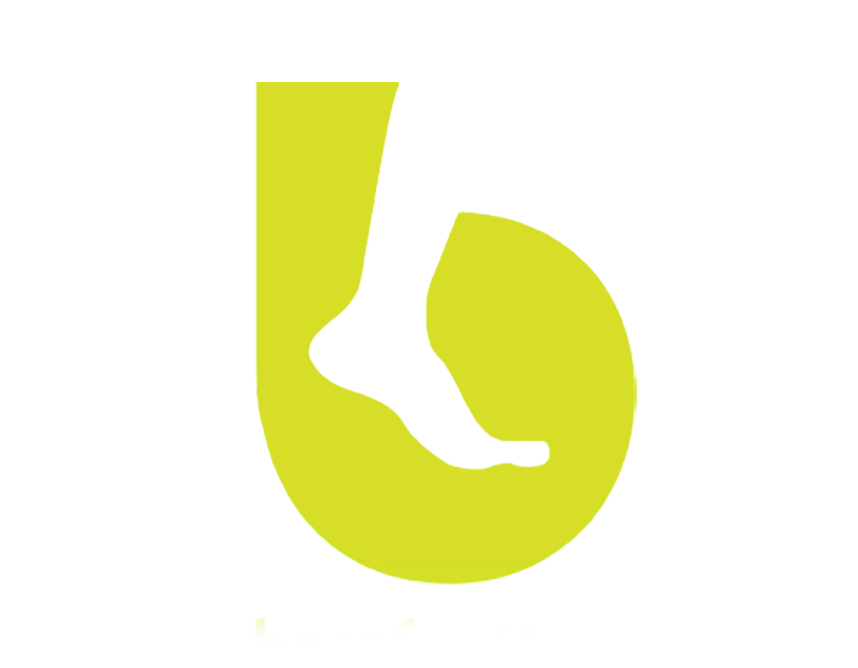Apio on several occasions is forced to sleep in the bush, with her children, as an escape from her husband’s drunkard battering. Apio is a thirty-seven-year-old small-scale subsistence farmer, and mother of three, from a village called Tuku in Gulu. She carries herself with poise and grace, and it is not easy to tell the physical and psychological scars she carries, until she lets you in. ‘‘ I got this scar at 22 years. He beat me and left me with this deep scar and a four-month miscarriage,’’ Apio narrates, as she points to her right cheekbone. She goes on to show us fresh wounds on the arm from a brawl, two days before.
One can only imagine the distressful position Apio finds herself in, now that her and her children are confined with her husband, during the lockdown in Uganda, as a result of the COVID 19 pandemic!
Globally, 1 in 3 women worldwide have experienced physical and/or sexual violence by an intimate partner or sexual violence by any perpetrator in their lifetime. Most of this is intimate partner violence. A report by the World Health Organization states that violence against women tends to increase during every type of emergency, including epidemics.
Various reports show that domestic violence has indeed risen during COVID-19 lockdown. Whereas in the recent past victims have had distractions and a few momentary reprieves from the emotional, psychological, economic and physical torture, under curfews and lockdowns, their lives will be increasingly in danger of increased threats.
In Uganda, efforts to curb the spread of COVID 19 have led to the indefinite shutdown of workplaces, schools, recreation and entertainment sites, among others. Victims of domestic violence might be safe at home, but they are stuck with their violators.

Take Apio for example, the current government directives allow her to go to her garden between 6:30 a.m.- 7:00 p.m., after which curfew is implemented. Her husband too, still has the liberty to drink from home. With a curfew in place during the nighttime hours, if abuse occurs within the precincts of her home, it will be doubly difficult for her to run and seek help from her leaders or neighbors. Even before the curfew, finding help would be hard, during the curfew it will be perilously difficult.
Therefore at BarefootLaw we seek to make the law and access to justice available to the poorest and most vulnerable, and Apio and her children are able to make use of our work. Technology in this case, plays a central role in aiding victims while maintaining all the health guidelines of our health authorities. Our free services help stretch the hand of the law to support and empower these people to act and obtain peace, all contributing to SDG 16.
If you are reading this, anyone you know or any community you think is at risk needs legal guidance in relation to domestic violence, please get in touch with BarefootLaw. Our lawyers are available on these channels to support you/them.
Reach us through:
- Facebook Inbox- Barefoot Lawyers Uganda
- Email- ask@localhost
- Twitter- @barefootlawug
- Phone call- 0392177405 or 0414660539 during work hours.
- Free SMS- Type LAW (your question) and send to 6115.

